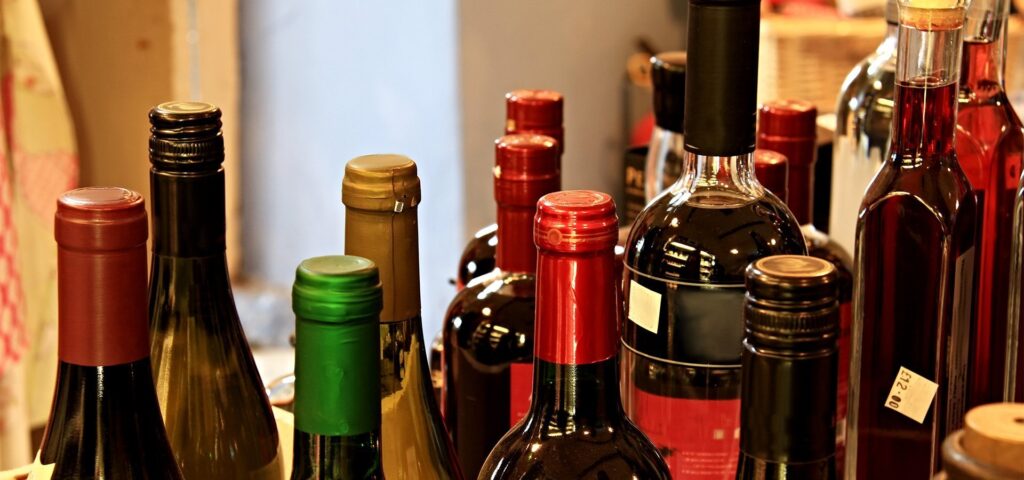[vc_row][vc_column][vc_column_text]The restaurant industry has one of the highest percentages of employees experiencing substance use disorder in the United States. According to a SAMHSA study, 11.8 percent of workers in the food service industry struggle with addiction, a rate lower than only 17.5 and 16.5 percent, respectively representing the mining and construction industries. Alcohol is prevalent in work functions for many professions, but alcohol and drug use in the restaurant industry is heightened since serving alcohol is part of the job. For many restaurants, a significant portion of revenue comes from beer, wine and liquor sales. It is not uncommon for people in recovery to maintain both sobriety and a job in the service industry. However, for an alcoholic bartender, server or cook who is actively struggling with addiction, proximity to alcohol use and potential drug abuse during a shift, could prove to be a hinderance in getting sober. If your aim is to be a sober chef or a sober bartender, consider the following suggestions to help you maintain your sobriety without having to switch jobs or careers.[/vc_column_text][/vc_column][/vc_row][vc_row][vc_column][vc_custom_heading text=”Find a restaurant with strict alcohol rules” use_theme_fonts=”yes”][vc_column_text]Complimentary post-shift drinks are one of the most common employee perks in the restaurant industry. After a long, demanding shift, workers often stick around for not only their shift drink, but more to follow. Some restaurants, however, enforce policies in which employees are not allowed to drink at the establishment on a day they are working. Others prohibit workers from drinking at the restaurant during the entire length of their employment. Finding a restaurant where cooks, servers, bartenders and managers aren’t drinking during or after the shift can curb temptation.[/vc_column_text][vc_single_image image=”29583″ img_size=”full”][/vc_column][/vc_row][vc_row][vc_column][vc_custom_heading text=”Look for a job with other people in recovery” use_theme_fonts=”yes”][vc_column_text]As alcohol is legal, it tends to permeate our society, and one in recovery would not be smart to assume they can mitigate its prevalence. However, if a person in recovery serves alcohol for a living, keeping an active recovery program can inoculate the risk or relapse. Additionally, working in a restaurant where there are other sober employees can create a built-in support network that can mitigate temptations to drink or use on the job.[/vc_column_text][/vc_column][/vc_row][vc_row][vc_column][vc_custom_heading text=”Switch to a position with less alcohol interaction” use_theme_fonts=”yes”][vc_column_text]Bar tending can be one of the busiest, most stressful positions in a restaurant. If being a sober bartender with an encyclopedic knowledge of alcoholic drink recipes who is constantly crafting alcoholic mixed drinks seems too risky, it might be worth moving from the bar to the kitchen. If the restaurant is supportive of your recovery, they might let you work as a server, only serving drinks as opposed to making them.[/vc_column_text][/vc_column][/vc_row][vc_row][vc_column][vc_column_text]Staying sober as a restaurant employee can be a challenge, but there is help. Find out about Amatus Health’s various levels of care and therapy options to start your recovery journey.[/vc_column_text][/vc_column][/vc_row][vc_row][vc_column][/vc_column][/vc_row]








